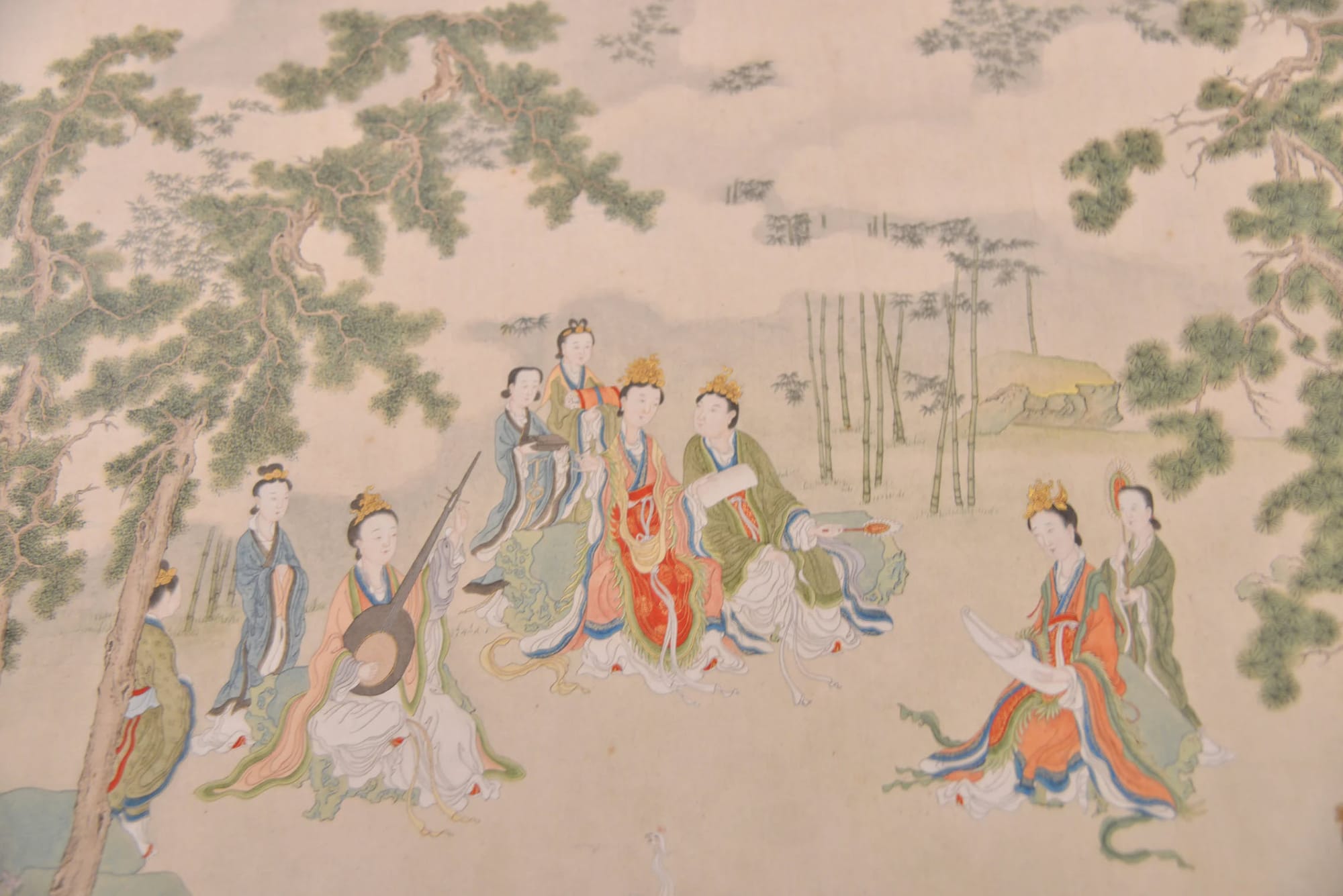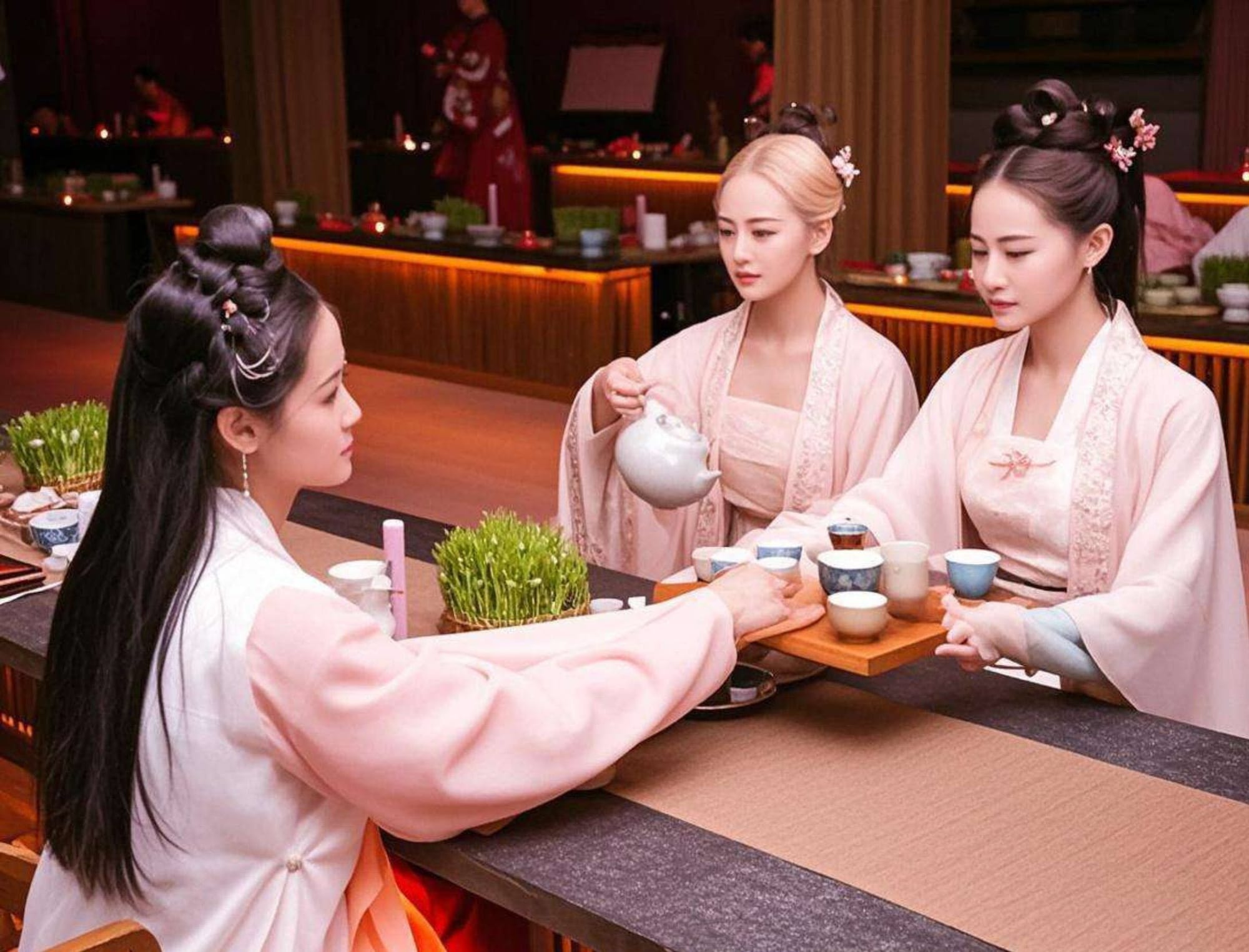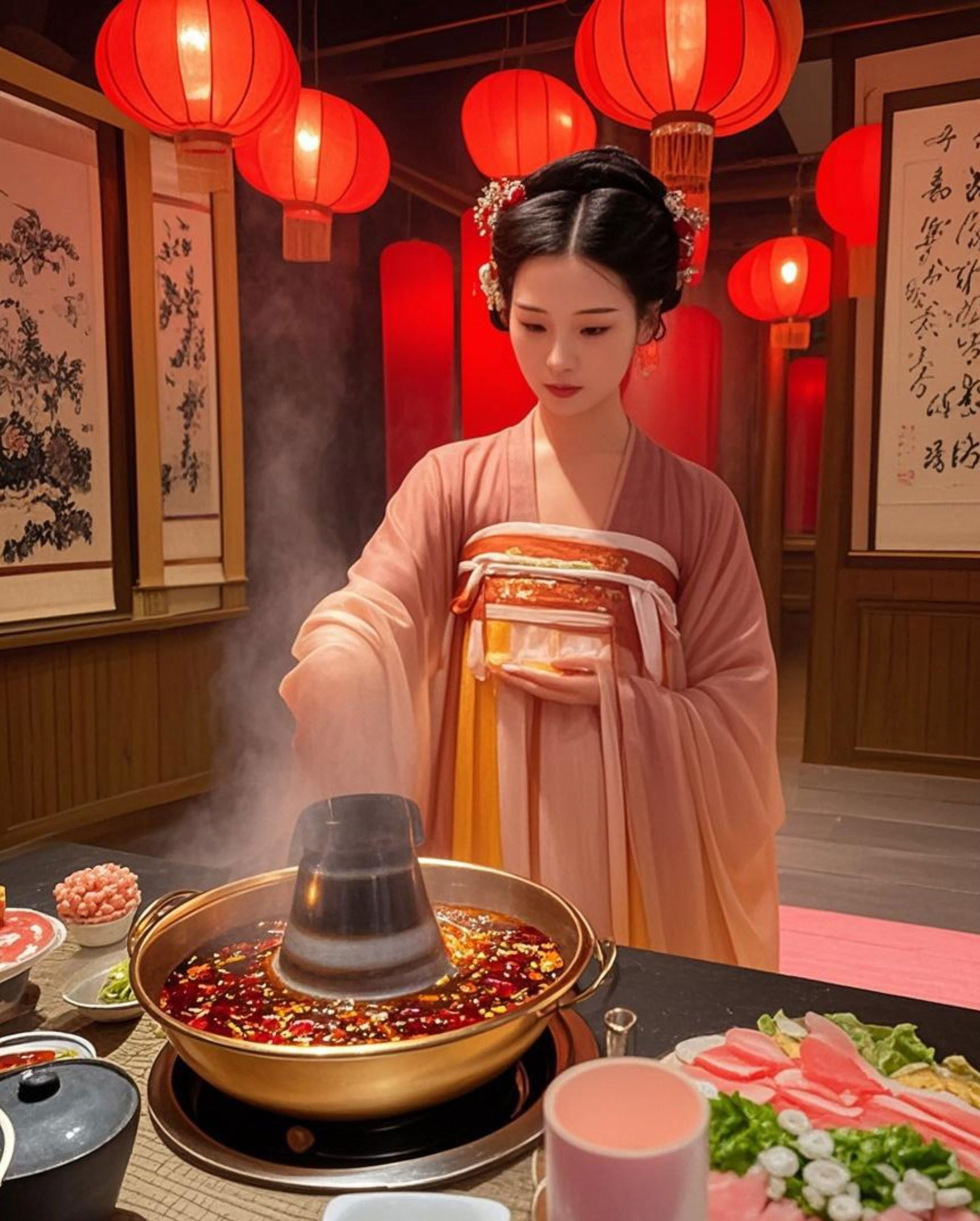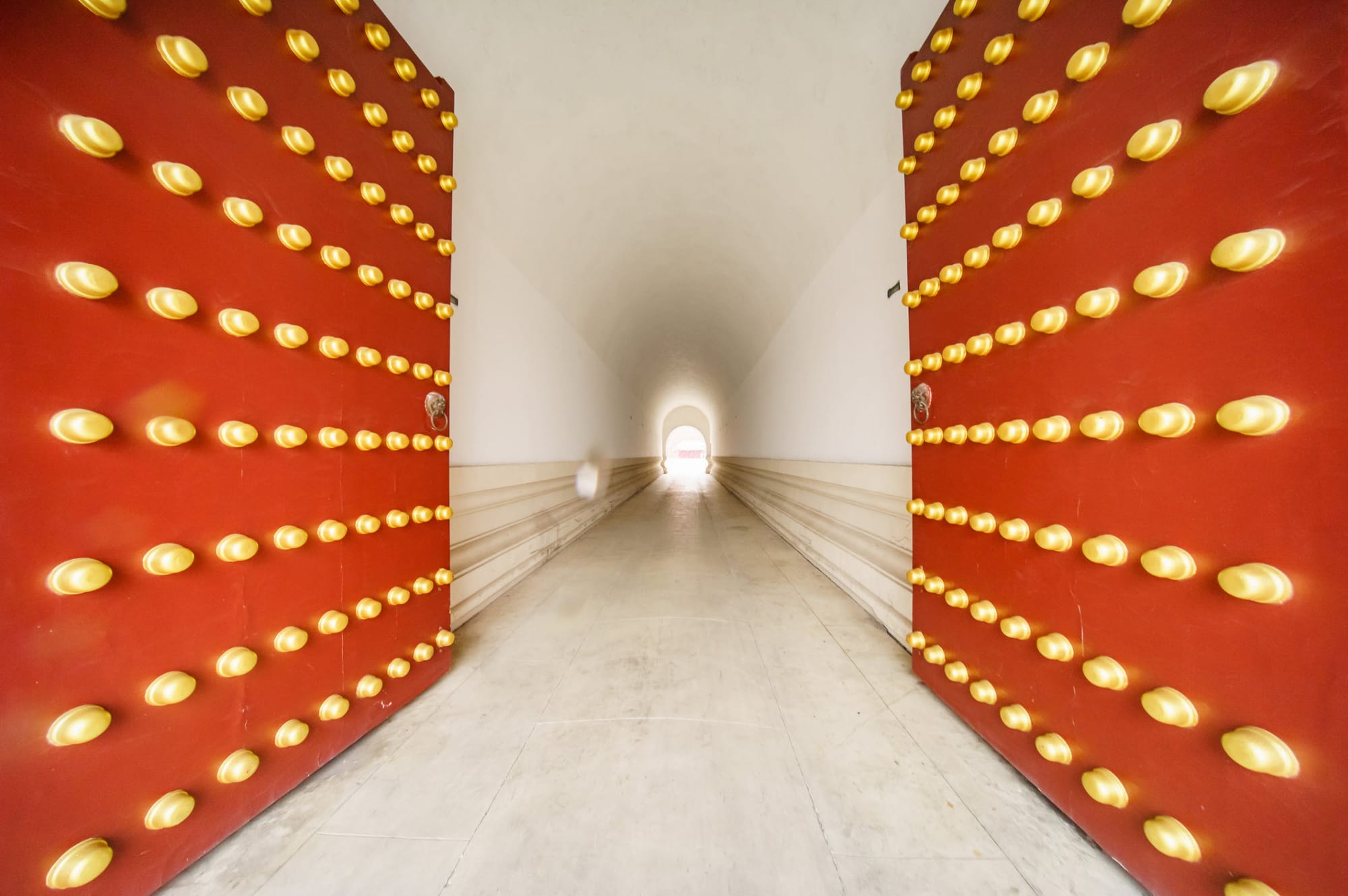A feast through Time: Immersive dining in China

The scent of slow-roasted lamb fills the air, mingling with the faint fragrance of osmanthus wine. A soft melody drifts through the grand hall as silk-clad dancers move gracefully beneath the glow of hanging lanterns. A server in embroidered robes bows slightly before placing a golden platter in front of you, steamed crab infused with aged Shaoxing wine, a delicacy once reserved for emperors. For a fleeting moment, the hum of the modern world fades, and you are no longer a visitor, but a noble guest at a lavish banquet from centuries past.

This is the very popular immersive dining in China, a seamless blend of history, gastronomy, and storytelling, where a meal becomes a portal into another era. From the opulent feasts of the Tang Dynasty to the bustling street markets of the Song, these experiences offer more than just flavors, they awaken forgotten traditions, engaging all senses in a journey through time.
Step into the Grand Tang Banquet in Xi’an, and the transformation begins before the first dish is served. Flowing robes drape over your shoulders as you enter a candlelit palace hall, its gilded screens adorned with mythical creatures. The feast unfolds slowly, mirroring the rituals of the imperial court, succulent roast suckling pig, tender lotus root in honey glaze, delicate pastries filled with rose-scented bean paste. Between courses, a mesmerizing dance performance brings to life the elegance of the Tang Dynasty, as shimmering silk sleeves swirl like waves under the lantern glow. Every sip of aged plum wine, every bite of golden-crisp duck, is a taste of a world long past, yet impossibly vivid.

For those seeking something more grounded in daily life, the Song Dynasty Night Market offers a different kind of immersion. The air is thick with the scent of sizzling skewers and freshly steamed buns. Lantern-lit stalls line the stone-paved streets, each vendor calling out the specialties of the evening, beggar’s chicken wrapped in lotus leaves, bowls of hand-pulled noodles glistening with fragrant scallion oil. A storyteller gathers a small crowd, his voice rising and falling as he recounts ancient folktales. Nearby, a tea master prepares a delicate brew, the steam curling into the night air. Unlike the grandeur of imperial feasts, here the charm lies in its raw energy, the laughter, the warmth, the effortless way history weaves itself into the fabric of everyday life.
Yet immersive dining in China is not just about recreating ancient scenes; it is a celebration of culinary heritage. At Silk Road Banquets, diners embark on a journey spanning thousands of miles, tracing the legendary trade route that once connected East and West. Each course reveals a new story, a platter of golden-crusted samsa from Central Asia, a fragrant Persian-inspired lamb stew, delicate hand-stretched noodles reminiscent of those Marco Polo once encountered. Under a ceiling painted like a desert night sky, surrounded by murals of camel caravans and spice merchants, guests taste the fusion of cultures that shaped a civilization.
In a country where food has always been more than just sustenance, these experiences offer something beyond the flavors themselves. They are a way of time-traveling through taste, of understanding a culture not just through its history books but through its meals, its rituals, its unspoken traditions.

One can almost hear it, the distant echo of silk rustling, the soft murmur of a storyteller weaving tales of emperors and wanderers, the clink of porcelain cups filled with fragrant tea. Perhaps, somewhere in Switzerland, behind an unassuming wooden gate, a different kind of feast is quietly taking shape. The glow of lanterns flickers against the night, a table is set with dishes that carry the weight of centuries and aromatic broths simmering in copper pots. Here, history is not read but tasted, not remembered but relived. And for those who step through its doors, a journey through China’s culinary past is just beginning.
